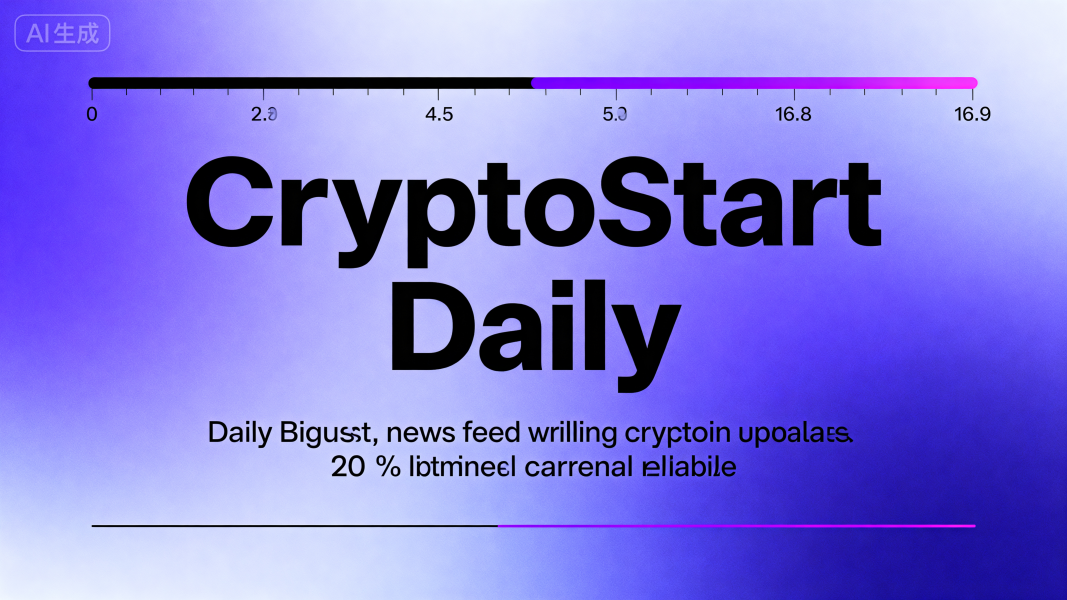Is Kucoin Legit? A Complete 2024 Guide to Kucoin’s Legitimacy
Everything you need to know about Kucoin’s legal status, regulation, safety, and trustworthiness for crypto trading
Introduction: Why Crypto Exchange Legitimacy Matters
With the explosive growth of the cryptocurrency market, choosing a legitimate and safe exchange has become a top priority for investors worldwide. One of the most frequently asked questions is: “Is Kucoin legit?” Founded in 2017, Kucoin has grown into one of the world’s largest crypto exchanges, offering access to thousands of digital assets and trading pairs. However, its global reach and varied regulatory status across regions have left many users wondering about its legitimacy. In this guide, we’ll break down Kucoin’s legal standing, regulatory compliance, security measures, user feedback, and potential risks to help you make an informed decision.
Kucoin’s Legal Status & Regulatory Compliance
Kucoin’s legitimacy largely depends on the region you’re trading from, as cryptocurrency regulations vary dramatically across countries. The exchange is registered in Seychelles, a jurisdiction known for its crypto-friendly regulatory framework. While it doesn’t hold licenses in every country, it has taken steps to comply with regulations in key markets.
For users in the United States, Kucoin operates as a money services business (MSB) and is registered with FinCEN, though it doesn’t have state-specific licenses like a BitLicense in New York. This means U.S. users can access most of its services, but they must complete KYC (Know Your Customer) verification to comply with anti-money laundering (AML) rules. In the European Union, Kucoin adheres to the 5th Anti-Money Laundering Directive (5AMLD) and requires KYC for all users, though it doesn’t hold full MiFID II licensing.
In Asia, Kucoin’s status varies: it’s accessible in countries like Singapore (with compliance to local AML laws) but is restricted in China, where crypto trading is banned. It’s crucial for users to check their local regulations before using Kucoin, as the exchange may limit services in regions with strict crypto rules.
Is Kucoin Safe? Security Measures & User Protection
Legitimacy goes hand in hand with safety, and Kucoin has implemented several key security features to protect user funds. The exchange stores over 95% of digital assets in offline cold wallets, which are not connected to the internet and immune to hacking attempts. It also offers two-factor authentication (2FA), withdrawal whitelisting, and email/SMS alerts for account activities to prevent unauthorized access.
Kucoin has a history of handling security incidents responsibly. In 2020, the exchange suffered a hack that resulted in the theft of around $280 million, but it fully reimbursed affected users using its Security Reserve Fund. This proactive response helped maintain user trust and demonstrated its commitment to accountability— a key trait of legitimate platforms.
Additionally, Kucoin enforces strict KYC and AML policies to prevent fraud and illegal activities. Users must provide government-issued ID and proof of address to unlock full trading limits, aligning with global regulatory standards for legitimate financial services.
User Feedback & Market Reputation
Kucoin’s legitimacy is further supported by its large user base and positive market reputation. With over 30 million users in 200+ countries, it’s consistently ranked among the top 10 crypto exchanges by trading volume (per CoinGecko). Users often praise its wide selection of altcoins (including many small-cap and emerging tokens), low trading fees (starting at 0.1%), and user-friendly interface.
While no exchange is without criticism, most negative reviews focus on customer support wait times (a common issue in the crypto industry) rather than legitimacy or security breaches. Kucoin has improved its support in recent years, offering 24/7 live chat and a comprehensive help center to address user concerns.
Another sign of legitimacy is Kucoin’s transparency: it regularly publishes audit reports, updates users on regulatory changes, and maintains active social media channels to communicate with the community. This level of openness is rare among unregulated or fraudulent platforms.
Potential Risks to Consider
While Kucoin is generally considered legitimate, there are risks associated with using any crypto exchange— especially those operating in a rapidly evolving regulatory landscape. One key risk is regulatory uncertainty: changes in local laws could lead to service disruptions or restrictions for users in certain regions.
Cryptocurrency itself is a volatile asset class, and trading on any exchange carries financial risk. Additionally, while Kucoin’s security measures are strong, no platform is 100% hack-proof. Users should always practice safe crypto habits, such as using 2FA, avoiding public Wi-Fi for transactions, and not storing large amounts of funds on the exchange long-term.
Finally, Kucoin’s focus on altcoins means some tokens listed on the platform may be high-risk or speculative. Legitimate exchanges often vet assets, but users should conduct their own research before investing in lesser-known cryptocurrencies.
Conclusion: Is Kucoin Legit?
To answer the question “Is Kucoin legit?”: Yes, Kucoin is a legitimate cryptocurrency exchange with a strong track record of compliance, security, and transparency. It operates within the bounds of regulations in most regions, implements industry-leading security measures, and has earned the trust of millions of users worldwide.
However, legitimacy is not universal— users must verify that Kucoin is allowed in their country and comply with local tax and regulatory requirements. As with any crypto investment, it’s important to weigh the risks, practice safe trading habits, and only invest what you can afford to lose.
For most users, Kucoin offers a legitimate, feature-rich platform to trade cryptocurrencies, especially for those interested in a wide range of altcoins. Its commitment to compliance and user protection makes it a viable option in the crowded crypto exchange market.
Disclaimer
This article is for informational purposes only and does not constitute financial advice. Cryptocurrency trading involves high risk, and past performance is not indicative of future results. Always research thoroughly and consult a financial advisor before making investment decisions. Verify your local regulations before using any crypto exchange.

